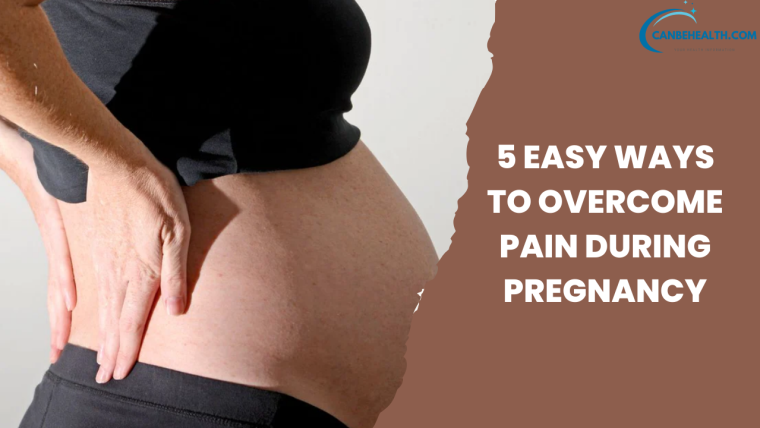Pregnancy is a special time in a woman’s life, and it comes with its fair share of questions and concerns about what is safe for both the mother and the developing baby. One common question that arises is whether pregnant women can consume coffee. In this article, we will address the top 10 questions asked by people regarding the consumption of coffee during pregnancy.

1. Is it Safe for Pregnant Women to Drink Coffee?
Many pregnant women wonder if it is safe to indulge in their favorite caffeinated beverage. The general consensus among medical experts is that moderate caffeine intake is considered safe during pregnancy. However, excessive consumption should be avoided as it may lead to potential risks.
2. How Much Coffee Can Pregnant Women Consume?
While moderate coffee consumption is generally deemed safe, it is essential to establish guidelines. Most experts recommend that pregnant women limit their caffeine intake to around 200 to 300 milligrams per day. This amount is roughly equivalent to one 12-ounce cup of coffee.
3. What are the Risks of Excessive Coffee Intake During Pregnancy?
Consuming excessive amounts of coffee during pregnancy may be associated with certain risks. Some studies suggest a potential link between high caffeine intake and an increased risk of miscarriage or preterm birth. It is crucial for pregnant women to be mindful of their coffee consumption to avoid such risks.
4. Does Caffeine Cross the Placenta?
Yes, caffeine can cross the placenta and reach the developing fetus. Although the placenta acts as a filter, it does not prevent caffeine from reaching the baby entirely. Therefore, it is important for expectant mothers to be cautious about their caffeine intake.
5. How does Caffeine Affect the Baby?
The baby’s ability to metabolize caffeine is not as developed as an adult’s, which means it stays in their system for a more extended period. High caffeine intake may lead to the baby’s increased heart rate and metabolism, possibly causing restlessness and sleep disturbances.
6. Are There Any Alternatives to Coffee for Pregnant Women?
Yes, there are several alternatives to coffee for pregnant women who want to avoid caffeine. Herbal teas, such as chamomile or peppermint tea, can be soothing and safe options. Decaffeinated coffee is also available for those who crave the taste without the caffeine content.
7. Does Coffee Affect Folic Acid Absorption?
There is some evidence to suggest that caffeine can interfere with the body’s absorption of folic acid, a crucial nutrient during pregnancy. Folic acid plays a vital role in the baby’s neural tube development. As such, pregnant women may want to moderate their coffee intake to ensure proper folic acid absorption.
8. Can Drinking Coffee Lead to Low Birth Weight?
Some studies have found a potential association between high caffeine intake and an increased risk of delivering a baby with low birth weight. To reduce this risk, it is advisable for pregnant women to limit their coffee consumption.
9. Does Coffee Increase the Risk of Birth Defects?
While there is no clear evidence that moderate coffee consumption leads to birth defects, it is essential to remember that every pregnancy is different. To err on the side of caution, pregnant women are advised to consume coffee in moderation.
10. Are There Other Sources of Caffeine to Consider?
Aside from coffee, pregnant women should be aware of other sources of caffeine, such as certain teas, sodas, energy drinks, and chocolate. It is important to factor in the cumulative caffeine intake from all sources to stay within the recommended limits.
Conclusion
The topic of whether pregnant women can drink coffee is one that sparks numerous questions and discussions. While moderate coffee consumption is generally considered safe during pregnancy, it is essential for expectant mothers to be mindful of their caffeine intake to avoid potential risks. As with any pregnancy-related matter, consulting with a healthcare professional is always recommended to ensure the well-being of both the mother and the developing baby.







3 Replies to Can Pregnant Women Drink Coffee? Answering the Top 10 Questions
Can I Eat Teriyaki Sauce When Pregnant?
Can You Eat Crab While Pregnant?
Implantation Bleeding vs. Period: How to Tell the Difference
14 Crucial Pregnancy Signs
Chronic Energy Deficiency (CED) in Pregnant Women
Are taking hot baths During Pregnancy safe or harmful?
5 Easy Ways to Overcome Pain During Pregnancy
Implantation Bleeding vs. Period: How to Tell the Difference